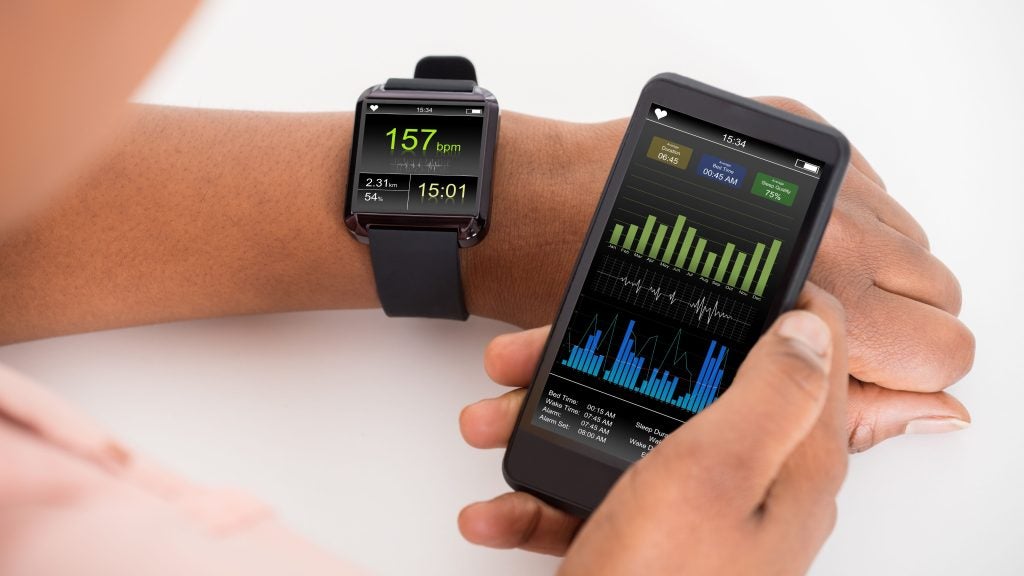Data integrity, a topic covered before on this site, is an issue that has long been contentious in the clinical trial space. The importance of gathering quality study data has grown as stakeholders look to get a foothold on an issue that has become central to a clinical trial’s success.
Under FDA regulations, trial sponsors are not obligated to carry out all aspects of the study themselves, meaning companies can obtain the resources to conduct lengthy and complex research. All this is possible without having to hire their own staff, delegating everything to researchers, contracted vendors, and of course CROs.
But with the increasing globalization of clinical trials comes a raft of challenges in adequately managing accrued data. Therefore, how can you circumvent the potential issues that can arise when obtaining data? How can you ensure that in an international study all the data obtained is wholly accurate? Below are four tips that will help sponsors mitigate those challenges.
1) Understand Compliance Risks
In your average multicenter clinical trial, streams of data are generated placing emphasis on the need for unfailing conduct at each site around the world. Additionally, the validity of the data must be held up to the highest standards in accordance to the study protocol and cGCPs. With sponsors increasingly turning to CROs and vendors to conduct all aspects of a trial (study site management, patient recruitment, etc.), it is essential the compliance risks that come with outsourcing practices are understood.
Typically, most cGCP issues are attributed to poor recordkeeping. However, these issues can be mitigated if the sponsor addresses the problem early on. With that said, one caveat to factor is document falsification – an issue that cannot be caught without real-time monitoring on site.
See Also:
2) The importance of real-time data analysis
While risk-based monitoring has often been the norm when analyzing data, recent guidance from the FDA stress that RBM approaches must be tailored to account for risks in data integrity and cGCP. As well as having an RBM plan in place, sponsors must have a solid grasp of FDA regulations to know what steps need to be implemented in the event of any deviations that require a change in strategy. What’s more, be sure that all contracts (with CROs, study sites, etc.) align all incentives. They need to be assessed by regulatory experts and that they highlight the risks associated with the study.
How well do you really know your competitors?
Access the most comprehensive Company Profiles on the market, powered by GlobalData. Save hours of research. Gain competitive edge.

Thank you!
Your download email will arrive shortly
Not ready to buy yet? Download a free sample
We are confident about the unique quality of our Company Profiles. However, we want you to make the most beneficial decision for your business, so we offer a free sample that you can download by submitting the below form
By GlobalData3) Have an effective data management plan in place
Managing data effectively is crucial to robust data collection. According to recent FDA Complete Response Letters, sponsor CT applications can be denied if there are deficiencies in data management. Deficiencies if found can also mean exclusion of safety or effectiveness data. As at times issues with data integrity aren’t apparent until after a study has ended, it’s important sponsors ensure their data management plan is clear and concise. Furthermore, the protocol must clarify the roles and responsibilities of those involved in the trial to avoid issues with data collection later down the road.
4) The role of data monitoring committees
In a study that contains numerous safety risks, sponsors defer to the help of data monitoring committees (DMCs) to pick up on signs that could halt or derail a study altogether. Ensure the DMC has constant access to available data in order them to catch warning signs that something isn’t right.
Maintaining the integrity of clinical trial data is a challenge sponsors have been grappling with for years. As studies become more and more complex and sponsors outsource more of their trials, the responsibility falls upon them to ensure processes are adhered to stringently. Furthermore, sponsors must have an oversight strategy that makes sure their CROs and various partners are following the protocol as written. Failure to do so could have far-reaching consequences that affect the outcome of the trial in question.
*This article was adapted from Clinical Data Management Compliance Risks: Considerations for Trial Sponsors







